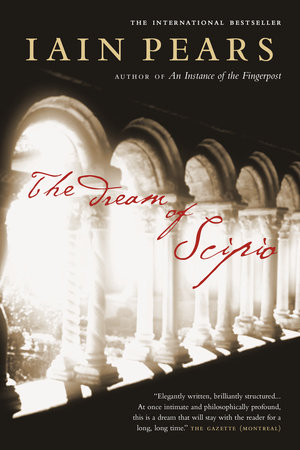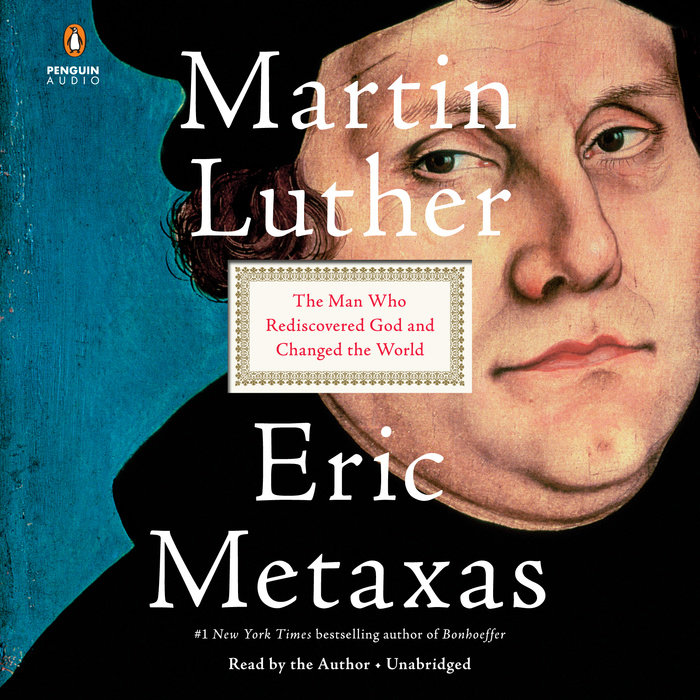This is another great novel from Shardlake series set in the 16th century England ruled by Henry VIII.
It is the year 1546 and old King Henry is getting a bit paranoid. Reformation has stalled and conservative faction dominates the court decisions. Fear is palpable everywhere. People are afraid to express their religious views because no one is certain what King's views are in any given day.
It is in such an atmosphere of censorship that Shardlake, a respected lawyer, is summoned to investigate the disappearance of the book secretly authored by Henry's latest Queen, Katherine. The book contains lots of Queens' private thoughts and its existence could jeopardize her situation and could bring downfall to her and her extended family.
Shardlake has to find a book to save her, again. It is a very good novel that perfectly describes how people were coping in living in a surveillance state that tried to control its inhabitants' religious beliefs.
posted by David





